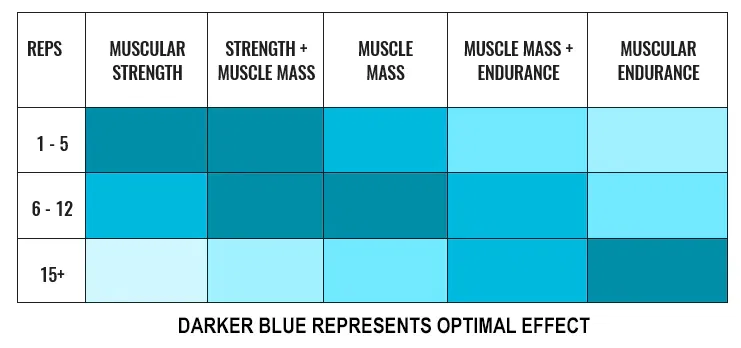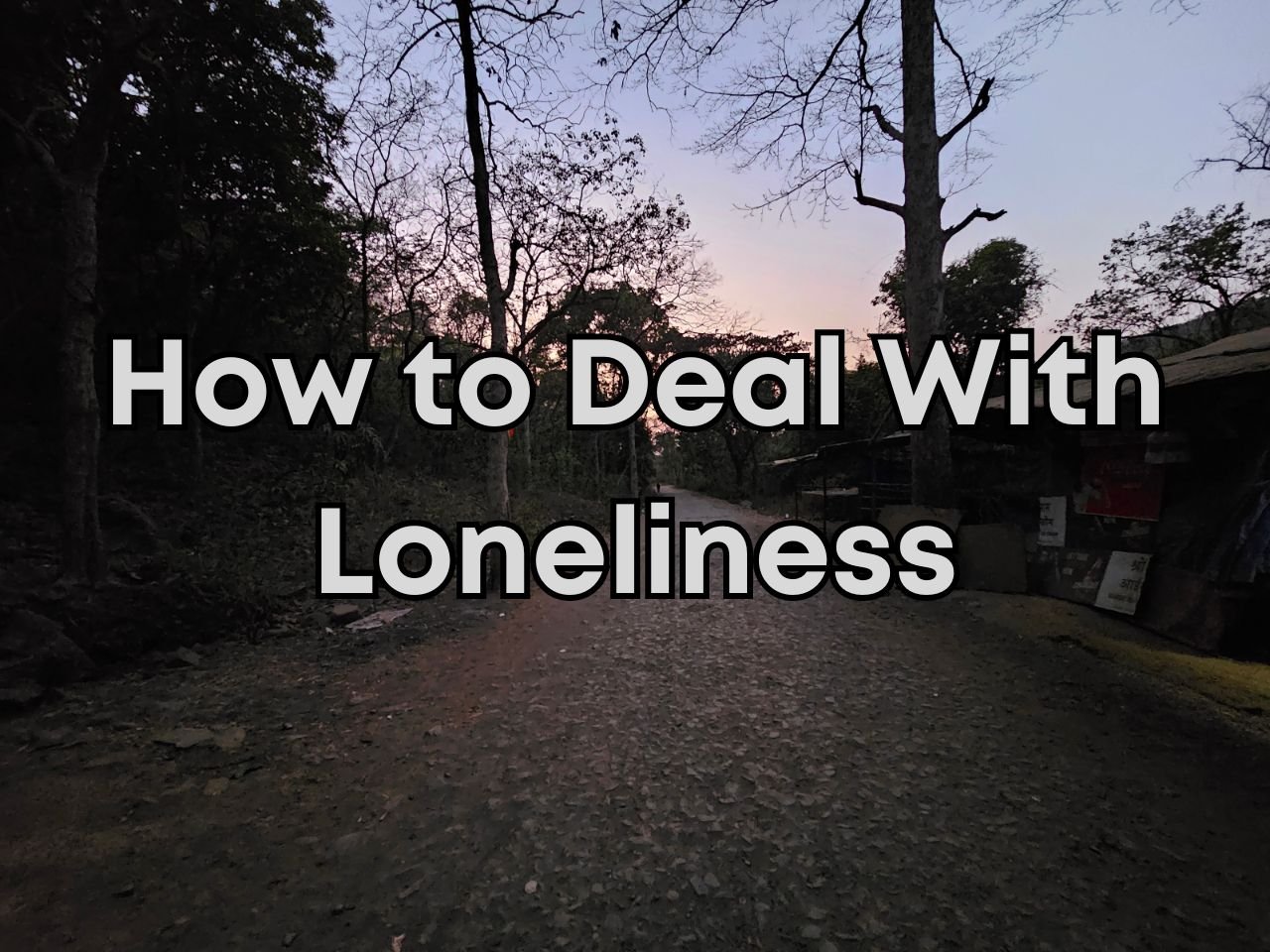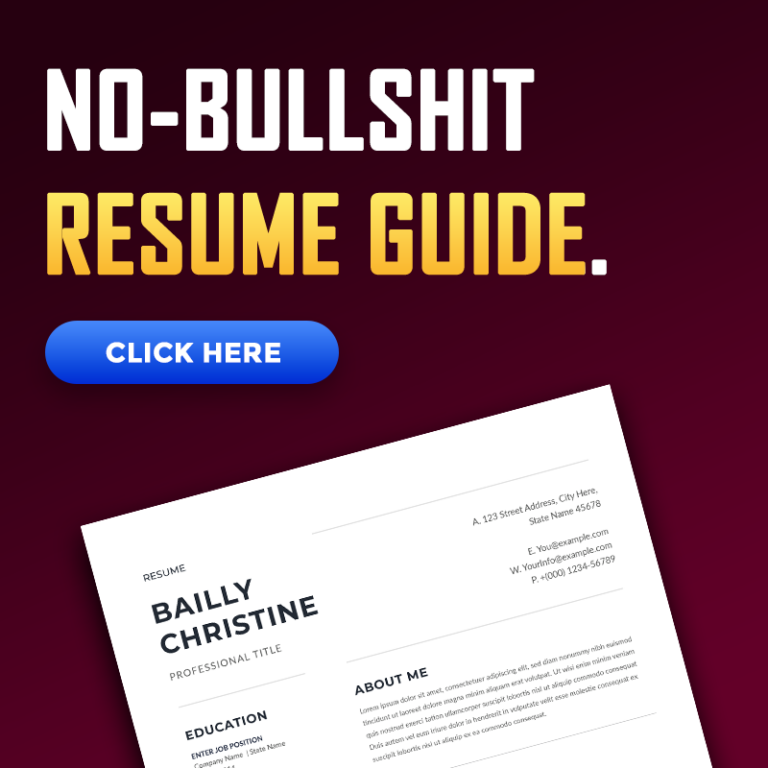Arguments to the human mind are like a war of words – we’ll hurt people, end friendships, and even create enemies to win them and get our sense of superiority.
However, unlike a real war of guns and grenades, arguments have no spoils. There is no land to be won, no gold to take, and no people to conquer.
There is simply nothing to gain by winning, other than a sense of superiority (however long it lasts, that is – emotions are fleeting).
This does not stop people from arguing, however, since it’s a very natural human instinct.
We have it in us ever since we are little children. We argued with our mothers for that extra cookie (and sometimes we won!) and our fathers for extra pocket money.
In our teens (or at least, in mine), we argued with our friends about pointless topics, simply to increase our social standing in our friend circles by proving superior knowledge of random pointless stuff (such as which video game is better than the other).
We argue to try to get our view across (self-expression) and to change other people’s minds – almost by default, ever since we are children and right into old age!
Arguing is so central to the human experience that universities have debating groups, there are countless books and videos on how to win arguments, and the world is full of people who are always ready to nitpick and argue over every little thing.
I’m no stranger to the war of words, especially since I run a pretty large social media account and often use arguments to gain some free publicity off of other people’s large audiences.
I’ve even read books on winning arguments; Ben Shapiro’s classic, How to Debate Leftists and Destroy Them (India, UK, USA), being one of my favorites, followed closely by Gerry Spence’s How to Argue & Win Every Time (India, UK, USA).
However, as I’ve grown older and gotten more experience, I’ve realized one thing: Most arguments are pointless – worse than pointless.
Not only do most arguments have no spoils of war, but they also cost you your limited time and energy, your money, your relationships, and your mood.
Countless people have lost friends, girls, clients, customers, and many, many hours of their lives only to end up emotionally drained and exhausted … over an argument about something meaningless or out of their control anyway (such as politics!).
To top it all off, no one changes their minds through arguments, and everyone often ends up more committed to their side simply out of ego investment.
There’s only one conclusion: You can’t win an argument.
Because if you lose the argument, well, you’ve lost, and if you win – you haven’t gained anything but you’ve still lost resources – so you’ve lost.
Arguing is an indulgence of vanity.
Arguments for most people are just another mindless indulgence – like a drunkard has alcohol, the immature man has his tongue. They use it to feel good and powerful, even at the cost of their own wellbeing and progress.
Insecure people love to get into arguments, because they are continually trying to forcefully establish or reinforce their position out of, well, insecurity.
If you are a serious man, you must realize that arguments are a waste of time, an indulgence for the foolish and the vain.
There is much to do in life, and there’s little time to fight costly, unwinnable battles that bring no spoils.
There’s only one way to get the best of these pointless arguments.
How to ‘Argue’ Effectively
Instead of fighting the argument, simply ignore the argument and agree with the person.
Agreeing with people wins you friendships and business and only helps you grow. It makes people feel like you’re on their side and brings you their goodwill.
That goodwill is infinitely more valuable in the real world than whatever vain feeling of superiority you’d have had by beating the other man.
Of course, you need to have the maturity to know that just because you agree with the man does not mean you agree with his ideas – you are merely being mature and saving your time and going about your day.
The real way to “win” an argument is by avoiding them. Avoid them like the China Virus.
How to Actually Change Someone’s Mind
Okay, let’s say you agreed with them but you still want them to change their mind.
How do you do that without getting into an argument, which you know is futile because it won’t change their mind?
Well, first, you have to agree with them and make them feel that you UNDERSTAND them.
They must not feel that you’re in a war footing with them, that you’re trying to change their mind. Because if they do, they’ll go into fight mode themselves and be on guard and will actively resist you.
Only then must you present your viewpoint. And as you do, always point at facts, your personal experiences (use phrases like “I think”, “I feel”, etc.), and the idea at hand.
Don’t criticize or attack the other person – directly or indirectly.
You will never change someone’s mind by attacking them, you’ll only make them dislike you – which is the exact opposite of what you wanted.
Remember three facts about people:
- People will be far more receptive to you if they know that you understand them.
- People will be far more receptive to you if they respect you.
- People are far more willing to change their mind if you manage to get their pride and ego out of the way.
So make sure that you let them know you understand them, earn their respect, and don’t proceed in a way that attacks their pride and ego.
Be indirect, diplomatic, and friendly.
Of course, changing people’s minds is another article in itself, and if you’re interested, I would highly recommend reading Part 3 of the unrevised edition of How to Win Friends and Influence People (twelve ways to win people to your way of thinking).
How to Break the Habit of Arguing
At the end of the day, argumentation as a habit is widespread because of biological instincts. But with some conscious effort, you can get over your first instinct to fight!
And it’ll prove to be very rewarding not just for your career and personal relationships, but also for your own well-being and happiness.
Because LMM is a website of action, not empty theory – we’re going to do a 30-day challenge on this one.
We’re going to break this habit of getting into pointless arguments, and this is how we’ll do it:
For the next 30 days:
Every time you get into an argument, ask yourself this question:
“If I win this argument, what will I gain?”
If the answer is “nothing worthwhile”, you MUST agree with the other person. A simple “Hmm, that makes sense, I agree” will often suffice.
If the other person elaborates on and on, you will nod and agree (even when you KNOW they are wrong).
If you catch yourself in the middle of an argument, you will stop and say, “Hmm, Now that I think about it, I suppose you are right! I think I agree with you!” and nudge them into talking more and more.
This must not be done in a snide or sarcastic way – it must be done sincerely so that the other person feels knows that you agree and that you’re on “his side”.
You are not lying to people; you are simply just giving them the privilege of having their opinion uncontested and saving yourself time and energy.
It’s the only sensible thing to do.
Do this for 30 days, and see the difference it makes to your life and relationships.
That’s all for today.
Your man,
Harsh Strongman
P.S. if you’re looking for a structured program to help you be more productive, to improve your discipline, and to help you be the best version of yourself possible, check out Live Intentionally: Discipline, Mindset, Direction – A 90 Day Self-Project.










![Traits Women Find Attractive Traits Women Find Attractive (And How to Score Yourself) [PART 1: Physical Aspects]](https://lifemathmoney.b-cdn.net/wp-content/uploads/2025/11/Traits-Women-Find-Attractive-1.jpg)








































































